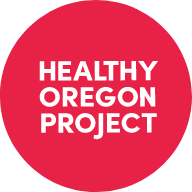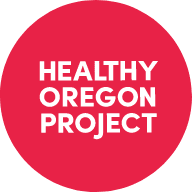Our Study

The Healthy Oregon Project (HOP) aims to engage Oregonians in research opportunities and empower participants with personalized health information. Enrolling in the HOP study can be done from a mobile device or online which can offer people from any part of the state the chance to contribute to research and receive valuable information. The studies in HOP may change through the years, allowing participants to join as many studies as they want from their HOP account.
Explore the HOP research happening now.
HOP Surveys
The surveys in HOP help us understand more about the impact of environment, behavior, and lifestyle on cancer and other chronic disease risks. Each survey contributes to research while providing instant personalized feedback that you can refer to at any time.

Check out the current HOP survey subjects!
Want to learn how to join?














